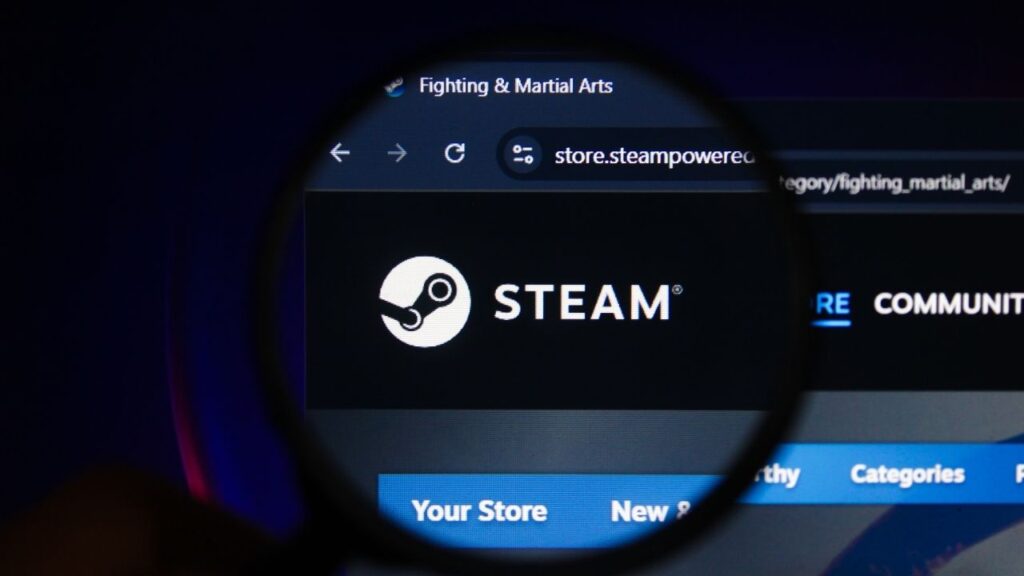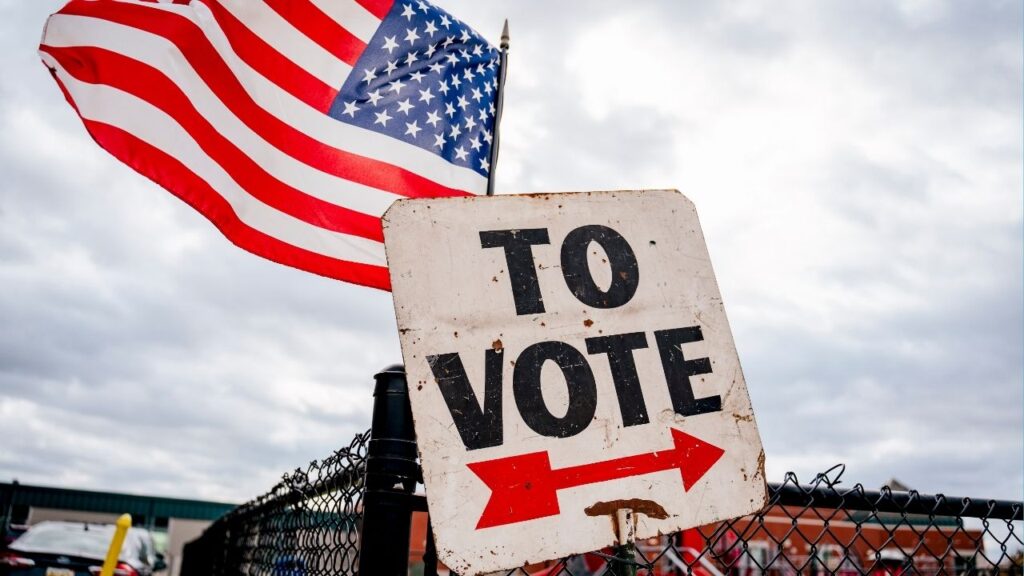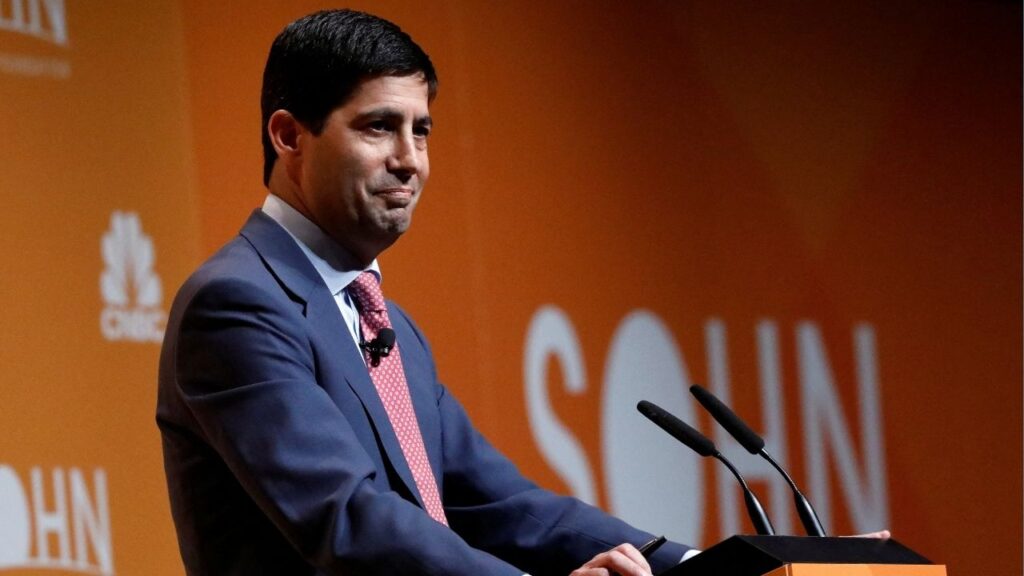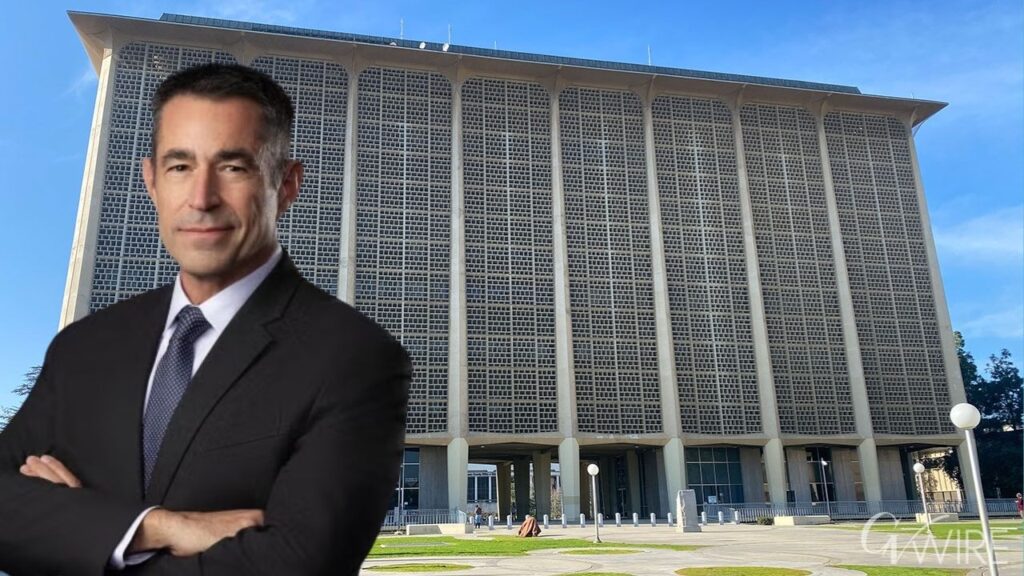The governor blocks a sizable chunk of bills passed by the Legislature. He cites a few common reasons why they shouldn’t become law in California. (CalMatters/Miguel Gutierrez Jr.)

- Budget constraints account for 40% of Newsom's vetoes, reflecting California's $56 billion deficit over the next two years.
- Newsom cites policy problems in one-third of vetoed bills, rejecting measures he disagrees with or finds too broad.
- The governor labels some bills as premature or unnecessary, citing existing state efforts or the need for further legal clarity.
Share
|
Getting your Trinity Audio player ready...
|
Heading into the final four days before his midnight Monday deadline, Gov. Gavin Newsom will need to decide whether to sign or veto some 450 bills still on his desk.
So far, he’s blocked 102 of 540 measures he’s acted on since the Legislature adjourned Aug. 31, or nearly 19%. That compares to a 15% veto rate in 2023, when he blocked 156 bills. He had a similar veto percentage in 2022, including some significant bills. In 2021, he vetoed fewer than 8%.

Jenna Peterson
CalMatters
While the Legislature can override vetoes, it takes a two-thirds vote in both the Assembly and Senate and that hasn’t happened since 1979. Governors can also allow bills to become law without their signature, but that doesn’t occur very often, either.
So in most cases, lawmakers try again the next session, often tailoring their proposals to avoid Newsom’s veto pen.
“In most instances, legislators try to work with the governor and the governor’s administration in trying to address the concerns that are in the veto message, as opposed to saying simply that their approach is the right one,” said veteran lobbyist Chris Micheli.
On some high-profile and contentious bills, whatever Newsom says publicly about why he issued a veto, there can be a healthy dose of politics involved — as well as the push and pull of various interest groups.
“Whether it’s an election year or it’s not an election year, political considerations will impact not just the legislation going through the legislative process, but also whether or not a bill results in a gubernatorial signature or veto,” Micheli said. “But that’s a small number by my estimate.”
A Newsom spokesperson said the veto messages speak for themselves.
Here are the main reasons Newsom gives for his vetoes. (When he gives multiple reasons, it’s counted in all categories.)
Related Story: Valley Lawmakers Get Newsom’s Signature on Green Energy, School Safety, ...
It’s Bad Policy
Newsom cited policy problems as his reason for vetoing one third of the bills — the second largest category. These are bills that he didn’t agree with or had language that was too broad.
For example, Senate Bill 804 would have let community service officers testify at preliminary hearings. In the governor’s veto message, he wrote that the bill raises concerns about “the reliability of evidence presented at a critical stage of criminal proceedings.”
SB 1170 would have allowed candidates to use campaign funds to address mental health-related issues that arise during a campaign, but Newsom wrote that it could allow for other changes to campaign fund use that go “beyond what a reasonable donor would expect.”
And SB 1432 aimed to let hospitals seek five more years to meet seismic safety standards. “In the aftermath of an earthquake, not only would these hospitals be unable to provide emergency care to victims, but they would also require emergency response efforts to be diverted to rapidly evacuate and transfer patients to other facilities,” Newsom said in his veto message.
It’d Strain the Budget
For the third year in a row, the most common reason Newsom gave for vetoing a bill was budget concerns — about 40%.
Newsom and the Legislature had to make sweeping cuts to some programs and dip into the state’s reserves to close the $56 billion budget hole over the next two years. The deficit also played a central role in decisions during the session to shelve hundreds of bills. The state’s financial crunch accounted for 41% of vetos last year, according to Micheli.
“Every governor and his or her staff, they’re going to look at the policy implications. Second, the fiscal implications,” Micheli said. “A negative fiscal consideration this year, last year and the prior year has been an overriding factor in many instances.”
For example, the governor vetoed AB 1840, which would have allowed undocumented applicants to apply for a homebuyer assistance program. In his veto message, Newsom wrote that there is “finite funding” available and that this change would have to be considered in the state budget.

Gov. Gavin Newsom unveiled his revised 2024-25 budget proposal at the Capitol Annex Swing Space in Sacramento on May 10, 2024. Photo by Fred Greaves for CalMatters
Another bill that Newsom squashed because of the budget was AB 544, which would have provided funding so three counties could test in-person voting in jails.
But even if an author attempts to address their bill in the budget, it may not be enough. State Sen. Caroline Menjivar, a Van Nuys Democrat, secured $5 million for SB 954, which would have required public high schools to provide condoms to students.
Newsom vetoed the bill, writing that “one-time funding does not adequately address the fiscal concerns associated with this bill.”
Related Story: Gov. Newsom Signs Sen. Grove’s Bill Making Penalty for Soliciting Minors ...
It May Not Be Legal
For a couple of bills so far, Newsom said that courts should decide on an issue before he gives his signature.
His second veto of a bill relating to undocumented Californians, SB 2586, would have let undocumented students work on campus. In his message, Newsom wrote that, “it is critical that the courts address the legality of such a policy and the novel legal theory behind this legislation before proceeding.”
It’s Up to Local Officials
Sometimes Newsom vetoes a bill because it’s an issue that could be solved at the local level.
For example, AB 1950 would have created a state task force to research reparations for people displaced in the Chavez Ravine area in Los Angeles. In his veto message, Newsom wrote that it is “an issue best addressed by stakeholders closest to the Chavez Ravine community.”
It’s Not Needed
Newsom vetoed another large percentage of bills because he sees them as unnecessary given the work the state is already doing on an issue.
SB 936 would have required Caltrans to conduct a road safety study and come up with an improvement plan. In Newsom’s message, he wrote that Caltrans is already working on road safety, so the bill would be redundant.
Despite the governor’s explanation of Caltrans’ current efforts, bill author Sen. Kelly Seyarto, a Republican from Murrieta, wrote in a press release that he is “deeply disappointed by the veto, as it sends a message that road safety isn’t being prioritized at a time when fatalities are on the rise.”
AB 2903 would have required state homelessness programs to more closely track and report spending data. However, Newsom wrote in his veto message that he’s already signed legislation that strengthens reporting requirements for California’s two largest programs.
That didn’t satisfy the bill author, Assemblymember Josh Hoover, a Republican from Folsom. “Governor Newsom is doubling down on his failed response to homelessness,” Hoover posted on X. “Our state has spent billions of taxpayer dollars in recent years only to see the homeless population increase statewide.”
Related Story: Newsom: I Can Work With Trump
It’s Too Soon
Newsom dubbed another small portion of bills as “premature,” such as SB 1220, which would have banned agencies from staffing call centers with AI or automated decision-making systems if it gets rid of a human job.
Last year, Newsom signed an executive order for the state to evaluate how to use AI in its workforce, so the bill would create guidelines before the ones from the order are announced, he wrote in his veto message.
SB 1050 would have allowed Californians who had land taken from them or their families for racially motivated reasons to apply for compensation. But implementing the bill is “impossible,” according to Newsom, because there’s no agency to do so.
About the Author
Jenna Peterson joins CalMatters as an intern with the Politics team through the Dow Jones News Fund digital media program.
About CalMatters
CalMatters is a nonprofit, nonpartisan newsroom committed to explaining California policy and politics.
RELATED TOPICS:
Categories
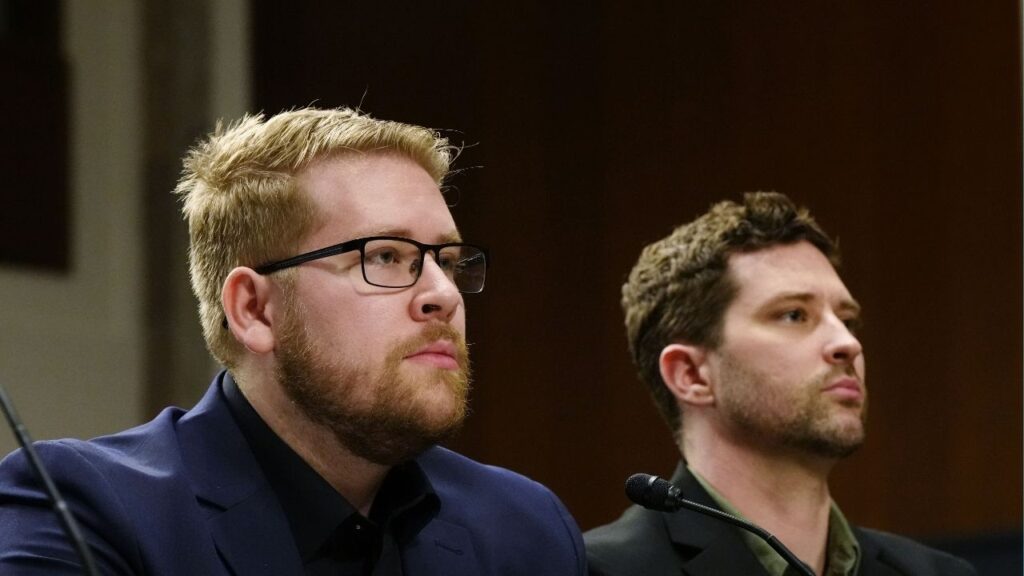
Renee Good’s Relatives Speak to Lawmakers in Washington
